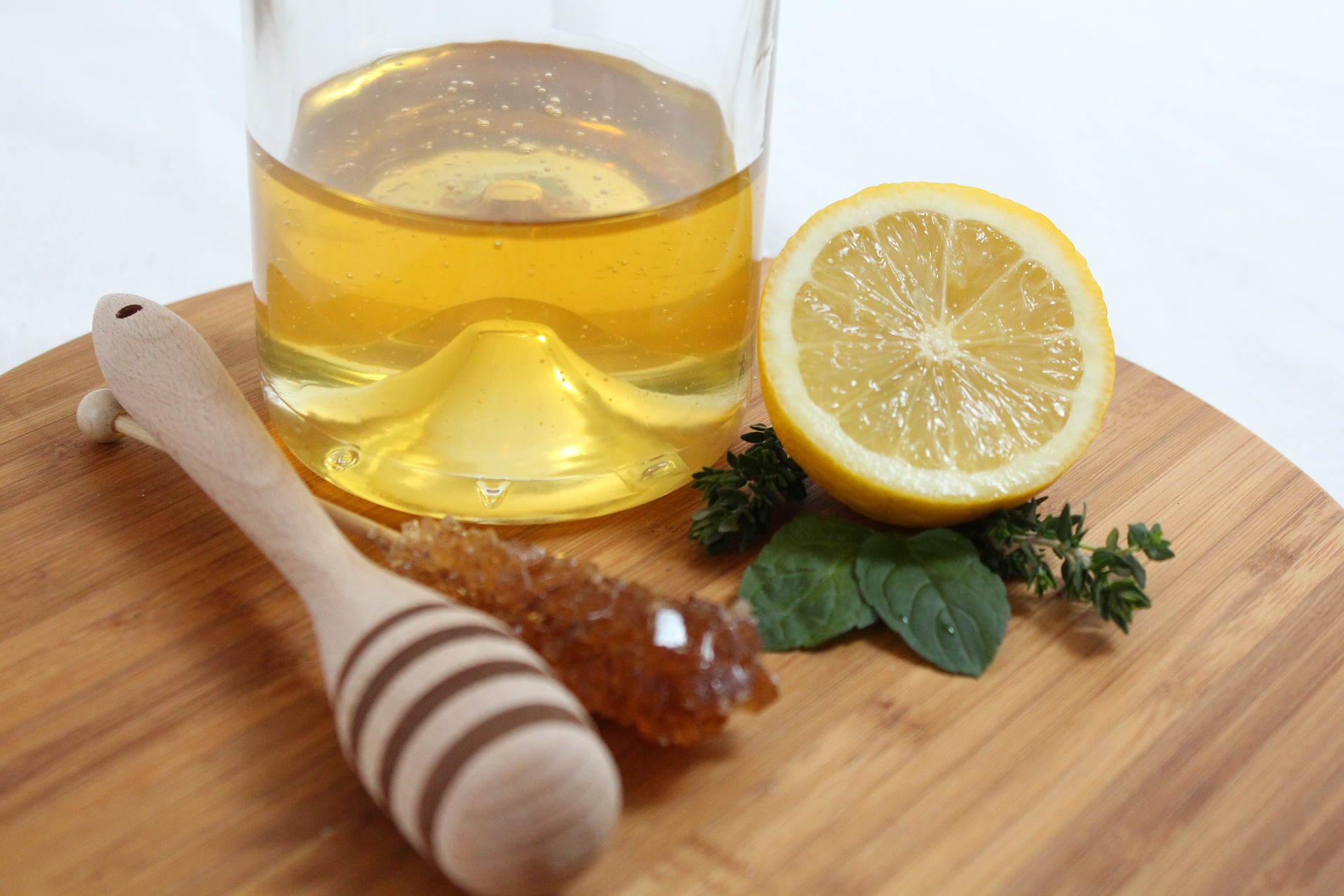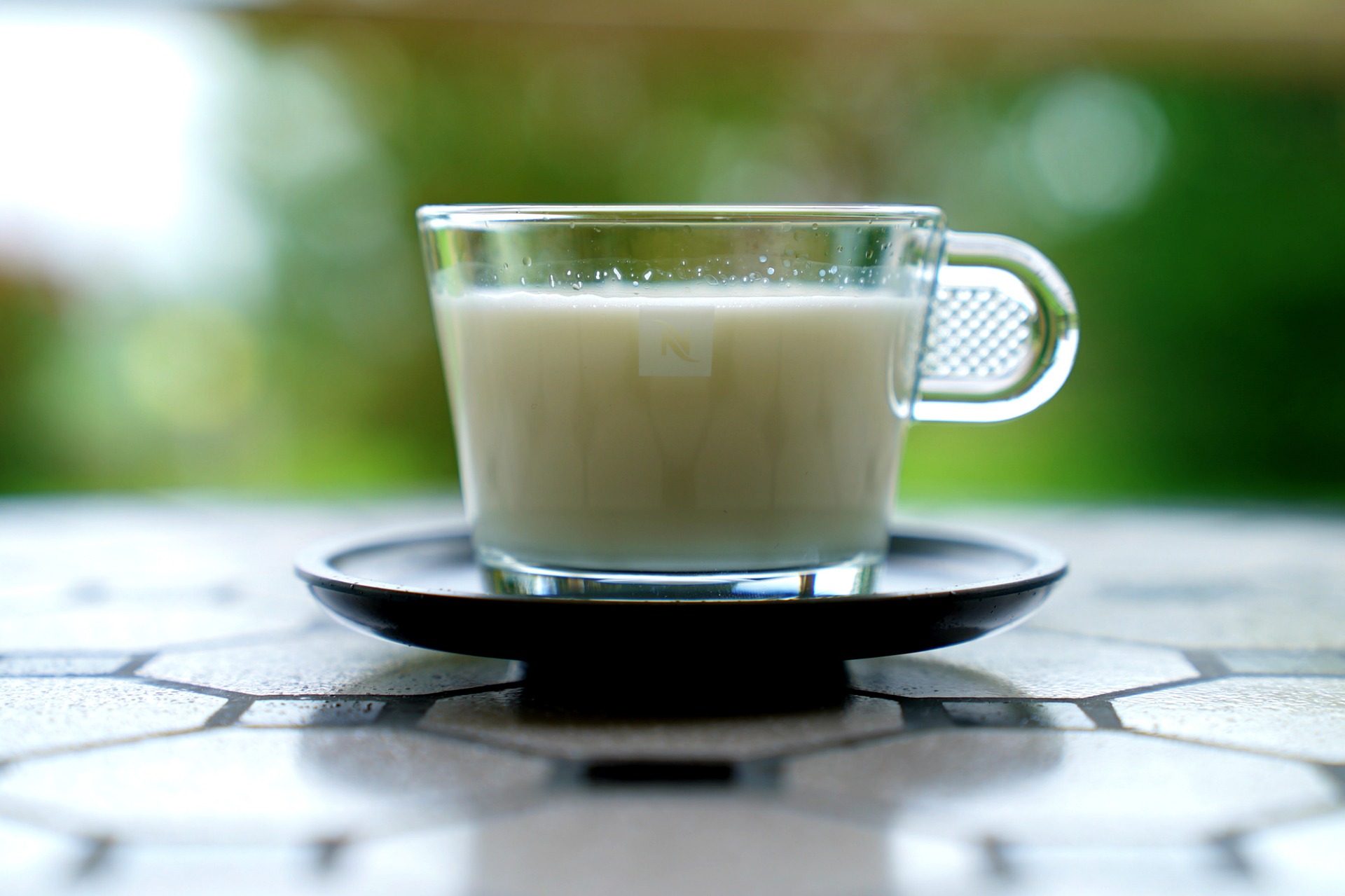One of the most frustrating illnesses you can have is a persistent cough that can be both irritating and painful. There are many causes of a cough, including viruses, allergies, and chronic illnesses. Occasionally, coughing can be a medication side effect. Whatever the cause, it can make you miserable. A persistent cough can keep you up at night, causing fatigue from lack of sleep. It can irritate your throat and vocal cords, causing laryngitis. A severe cough can even bruise or fracture your ribs. When this happens, you need a good home remedy for cough.
The only thing worse than suffering from a cough yourself is having a child who is struggling with a persistent cough. Children are more susceptible to coughs than adults because their airways are smaller. A child with a bad cough often cannot sleep, which keeps their parents up at night. They will struggle with fatigue during the day, which makes for a cranky child. Children also cannot take most cough medicines that are sold for adults. Even over-the-counter medicines are not usually safe for children. So, with children, it’s also important to have a home remedy for cough.
Why Try a Home Remedy for Cough?
The most obvious reason to try a home remedy for cough is that infants and children cannot take most commercial cold medicines. Even those that are deemed safe to sell to the public without a prescription are not safe for children. In the past few years, most over-the-counter cold medicines for children have been removed from stores because they weren’t effective and did more harm than good. So you need a good home remedy for cough when it comes to your kids.
For adults, over-the-counter cough medicines don’t always work, either. Everyone’s body chemistry is different, and a medication that works well for one person might have absolutely no effect on another. There’s also the issue of allergies. Some people are allergic to medications, or the inactive, extra ingredients in medications. These people cannot use medications to treat a cough.
Finally, some people prefer to take a more holistic path as far as their health is concerned. These people don’t like putting chemicals into their bodies. In these cases, you need a home remedy for cough that can take the place of over-the-counter or prescription drugs.
10 Home Remedies for Coughs

There are a lot of home remedies for cough, some more effective than others. As with any natural remedy, there has been no scientific research to prove any of the claims they work. In contrast to drugs that are approved by the FDA, no one is researching these home remedies. Rely on word of mouth and trial and error to determine which is right for your family.
As with any natural remedy, your results may vary significantly from other people around you. However, this does not mean they don’t work. Your body chemistry is unique and because of that, what works for you may not work for someone else. To find the best home remedy for cough, you’ll need to try each one until you find what works. The same is true with your children. These are 10 of the most popular home remedies for cough:
- Flax, honey, and lemon
- Black pepper tea
- Warm milk
- Licorice root tea
- Salt water
- Steam
- Ginger peppermint syrup
- Bromelain
- Probiotics
- Thyme
1. Flax, Honey, and Lemon

A popular home remedy for cough is combining flax, honey, and lemon. There are many ways to prepare it, and none of them are wrong. It’s a matter of preference. You can boil water and then stir in some flax and honey. Another preparation involves boiling 2 to 3 tablespoons of flaxseeds in 1 cup of water until the water becomes thick. Strain, then add 3 tablespoons each of honey and lemon juice. Take 1 tablespoon as needed for cough suppression.
2. Black Pepper Tea
You might not know it’s possible to make a tea out of black peppercorns, but you can and should if you have a wet cough. You prepare this tea by placing 1 teaspoon of freshly ground black pepper and 2 tablespoons of honey in a cup. Fill the cup with boiling water and let it steep, covered, for 15 minutes. Strain and sip as needed. This remedy works best on coughs that produce mucus and isn’t suitable for dry coughs.
3. Warm Milk

Warm milk mixed with honey is an old home remedy for cough with the added benefit of inducing feelings of calmness.
4. Licorice Root Tea
You might not realize that licorice is a demulcent and an expectorant. It can soothe your airways, loosen and thin mucus, and help break up congestion. It may also calm inflammation of the throat and airways.
5. Salt Water

Salt water helps a sore throat first by affecting your cells. The high concentration of salt causes your cells to release water. When water leaves, swelling goes down and you have less discomfort. This remedy is especially good because it helps inflamed tissue. Salter water can also move phlegm along.
6. Steam
Steam can loosen mucus and phlegm by breaking them up. Essential oils can be added to steam as well. Essential oils can be anti-viral, anti-bacterial, and anti-inflammatory. Tea tree oil and eucalyptus oil are especially helpful in treating the symptoms of a cough. Eucalyptus provides the added benefit of easing nasal congestion, should your cough be accompanied by a stuffy nose.
7. Ginger Peppermint Syrup
Ginger can behave as an expectorant, loosen mucus, and clear mucus from the lungs. It can also help get rid of the “tickle” in your throat that causes persistent coughing. This especially helps with a constant, dry cough. If you don’t have time to make the syrup, you can use ginger candy.
8. Bromelain
Bromelain is an enzyme found in the stem and fruit of pineapples. It can suppress your cough and also loosen mucus in your throat. You can eat slices of pineapple or drink pineapple juice three times a day. Some people say pineapple can also help with sinusitis and allergy issues.
9. Probiotics
Probiotics are microorganisms that help keep the bacteria that live in your intestines well balanced and healthy. This will strengthen your immune system and prevent cold and flu. There is evidence that Lactobacillus, which is a bacterium, can prevent illness and help with allergies. Dairy can thicken phlegm, however, so you should be careful. Probiotics can be found at health food stores. Dosage varies among individuals.
10. Thyme
To use thyme for a cough, steep it in hot water. In Germany, thyme is the official treatment for a cough, upper respiratory illnesses, bronchitis, and whooping cough. The leaves have cough-suppressant compounds. The flavonoids can relax your trachea, reduce inflammation and get rid of headaches. To use it, mix 2 teaspoons of crushed leaves into 1 cup of boiling water, cover, then steep for 10 minutes before straining.
Home Remedies for Other Illnesses
Home remedies can help with many problems beyond a cough. Problems that are often treated using harsh chemicals or prescription medications with negative side effects can be resolved using safe and natural methods. Some ailments that natural medicine can help with include:
- Hair loss
- Acne breakouts
- Dandruff
- Aches
- Pains
- Wounds
- Burns
- Anxiety
- Insomnia
- Digestive issues
- Headaches
Using home remedies, you can make a homemade mouthwash to prevent cavities and gum disease. You can significantly improve diarrhea, constipation, or indigestion. You can even make a natural throat spray that can be used for the treatment of asthma. Natural remedies are also great for skin conditions and for making skin look more youthful. There aren’t many things a home remedy can’t help with.
Conclusion
If you or your children are suffering from a painful, persistent cough, there are many natural remedies you can try before resorting to medications. Avoiding drugs can be better for your body and promotes overall wellness. Rather than addressing one problem, focusing on wellness means trying to strengthen your body’s defenses overall. Some natural solutions listed here will not only help your cough but can also help you in other areas.
It’s hard to say which of these remedies is the best because there is little comparative research on natural remedies. However, any remedy using honey tends to top the list if you ask those who have tried natural medicine. Honey is not only naturally soothing because its thick texture coats the throat, but it also contains plant particles from your local environment. Ingesting these particles can build up your body’s strength against allergens in your area. It’s like a natural allergy shot.
The next time you or your children have a nagging cough, give the remedies on this list a try. You should see better, faster results than with over-the-counter or prescription medications. You may also see other health benefits as well. Once you’ve found the best home remedy for cough, consider trying natural medicine for other ailments. You may be surprised to find that you are a convert to natural medicine.
Leave a Reply